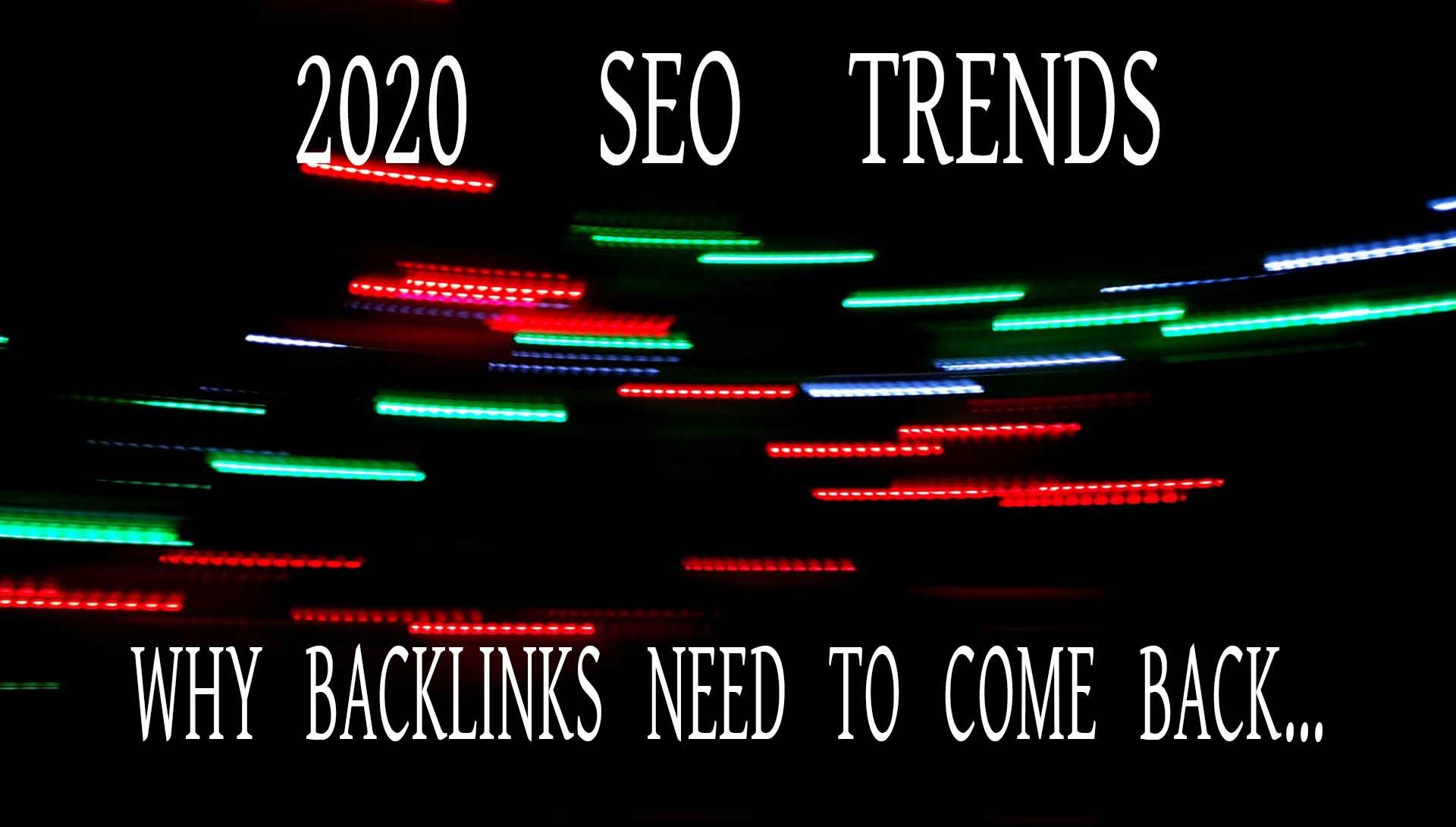- The Biggest SEO Changes in 2019
Search Engine Optimization (SEO) is constantly changing and improving. Gone are the days where you could rank a website in a couple of weeks just by stuffing your content full of keywords and using spamy backlink practices. Google’s algorithm has gotten smarter and the nature of Google searches have begun to change, resulting in the need for SEO technicians to change with it. So we decided to highlight the top 5 Biggest SEO Changes in 2019 so far
Why SEO is constantly changing?
We need to think about SEO from Google’s perspective – not from business owners who want to rank on page one. At the end of the day, Google is a business and it’s in the business of connecting its users to information and products. Right now Google is dominating the market with more than 90% of all search engine traffic. The remaining ten percent is reserved for Bing, Yahoo, and Yandex.
Google has been able to dominate because it has been relentless in innovating to give the best possible search results for any given query. In laymen’s terms, they give the people what they want. In order to sustain Google’s dominance, it needs to continue to innovate. If it doesn’t, users will look to alternative search engines. While this may seem crazy – think about how Google seamlessly integrates with our lives – Google can lose market share.
Here are some of the important SEO areas to consider:
1. Voice search
This trend is going to be far the most disruptive. As more and more users switch from desktop to mobile, and the use of smart home devices such as Google Home, Alexa, and Apple Home Pod are increasing, more people are turning to voice search because it’s quicker and easier, especially for multitaskers.
Back in 2016, Google said about 20% of searches on mobile were carried out by voice. By 2020, Google forecasts around 50% of all over searches will be voice-based. This will give rise to a higher number of long-tail keywords and hyperlocal searches.
Typed searches and voice searches are different – you speak differently than you type – and so optimization strategies will also differ. for Voice search, you need to think about more conversational natural language and local searches as well as ensuring that websites are mobile-friendly.
2. User experience
Google’s algorithm has become more sophisticated in order to provide better, more relevant results to its users. Google now counts user experience and user engagement among its key metrics for SEO rankings. This is because user experience is a great indicator of the quality of a website or a piece of content.
While we don’t know exactly how Google measures user experience, one of the key metrics is a high bounce rate which indicates to Google that the result was not useful, or what the user was looking for. There are many other user experience metrics that signal poor or low quality such as dwell time, average session duration, page views, etc. All of these combined communicate to Google a picture of the quality of your website as a whole. Google’s aim is to provide better and quick, and more relevant results to users. As you build your website, keep this in mind. How can you provide serve your audience? It is a question you should be asking anyway, but I suggest putting it on a sticky note on your computer to always keep it top of mind.
3. Quality content
“Content is king” is a much-used phrase and nothing new, it is still relevant today as it ever was. You simply cannot let your content fall by the wayside. You need to create your content in line with how it will affect your user metrics, in other words, providing useful content that people will want to read. Moreover, you don’t need everybody to read it – just your ideal target market.
Ask yourself questions such as:
- Does it add something useful and new to other content on this topic?
- Does it answer important questions in your industry?
- Can you link this article to other pages or other websites to increase overall pageviews?
- Answering questions or adding incites in a way that provides most value to your readers?
If you can answer most or all of these questions, Google is happy because their users are happy.
4. Local SEO Content
If you’ve followed SEO practices, you know the importance of local SEO will increase in importance over the next few years. The importance of local search will continue to grow with 46% of searches on Google already having local intent – searches like restaurants, coffee shops, grocery stores will become more competitive as more local businesses become SEO-savvy. Moreover, almost every local search converts into a sale, making it extremely important for small businesses.
Here are some things to consider:
Basic factors like the ‘RDP’ will remain the same.
(R) Relevance means how well your business listing matches with the user’s intent
(D) Distance measures how far the searcher is from the business when the search is made. Businesses nearest to the searcher will be ranked higher.
(P) Prominence measures the popularity of the business both in the offline and online world
5) Artificial intelligence (AI)
AI will give Google the power to improve their algorithms exponentially, customizing searches for the individual. The need to collect and analyze user data in order to obtain intelligent proposals for searches is and will remain extremely important for Google.
Since 2015, Google has been working on a self-learning algorithm called “Rankbrain”. Which takes care of search queries that have never been made before. Which allegedly accounts for 15 percent of all queries. In addition, Google also has come out with a feature called “Google Duplex” which actually makes calls for you and sets up appointments. This feature is not only great for consumers, but likely collects data on the user which will then customize searches for them.
It is important to familiarize yourself with AI as soon as possible. And to experiment with it in terms of SEO. In the near future, AI will help Google get even better at reading text, understanding testimonials and taking them into account when evaluating websites. So, AI is also included in the list of Biggest SEO Changes of 2019.
Takeaways
The nature of SEO is that it is constantly evolving. In order to stay on top of your search engine rankings and ensure you are driving as much traffic to your website as possible, you need to be aware of the trends. The key takeaway should always keep serving your customers or audience better than your competition. And you’ll always increase your ranking since Google will take notice. So, these are the Biggest SEO Changes of 2019, If you want our SEO expert services, feel free to Contact us.













